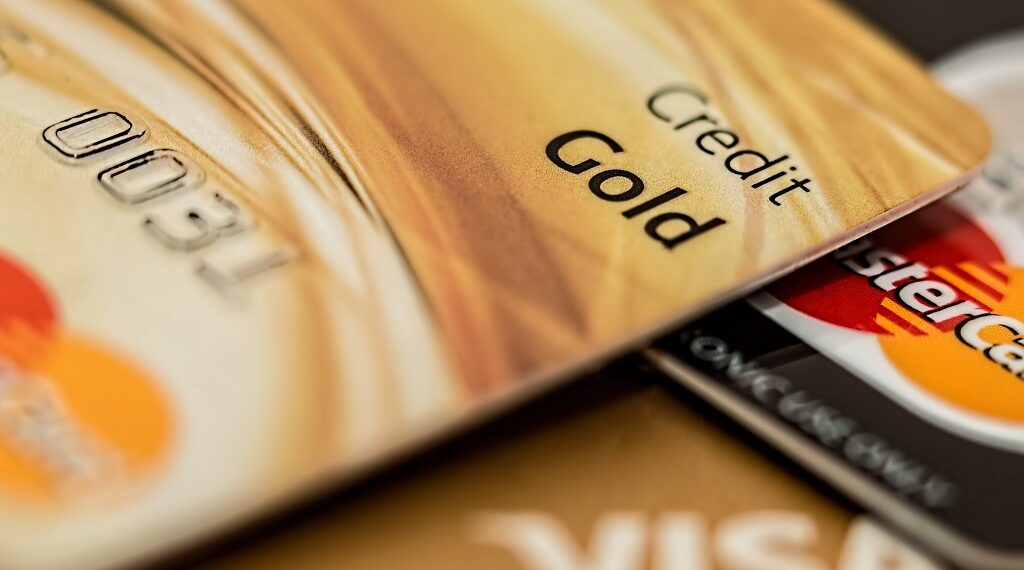Credit cards can be extremely advantageous if used correctly. They have many useful features. Credit card users are protected from fraudulent payments. Most credit card issuers offer special protection for purchases made with the card and may even reimburse you for any charge made without your authorization. Credit cards protect the purchaser from identity theft. Since credit cards require extra security measures like a pin code, it is almost impossible to steal your identity when using them over the Internet or on the phone. Some credit cards offer rewards that make it very worthwhile to carry them around with you.
When it comes to picking the perfect credit card, you have a lot of decisions to make — from the rewards program to how much you plan to carry around in revolving balances. So how do you go about making all those choices and picking the right credit card? Start with these steps.
Check Your Credit Score
It helps to check your credit score before you actually submit an application for a credit card. With a good score, you’ll get the lowest rates and qualify for rewards cards with extra perks. If you’re hurting your score by running up your credit card balances, or have other errors or old accounts that need fixing, start working on them now. Keep in mind that the Fair Credit Reporting Act gives you the right to dispute any entries in your credit report that you think are inaccurate. If the mistake is big enough, it might even make your score go up!
Identify the Type of Credit Card You Need
If you are in the market for a new credit card, you’ve probably noticed that there are a lot of options. That can make it tough to decide which one is best for you. So, as you shop around and compare credit cards, keep in mind what your most important needs, like travel rewards or a lower interest rate, might be. There’s no one-size-fits-all when it comes to credit cards. Do your groundwork, review your choice, and find one that works best for you.
Shortlist Your Options by Asking the Right Questions
It’s important that you ask the credit card company the right questions and shortlist credit cards based on the information you receive. For instance, say you are a student, you need to find out if a certain credit card can help increase your credit score. Also, if this is your first credit card, make sure to ask if you can graduate to cards that offer better perks in the future.
Once you’ve gone through the processes detailed in the steps mentioned above, you should be able to choose a credit card that both suits your lifestyle and spending habits.












